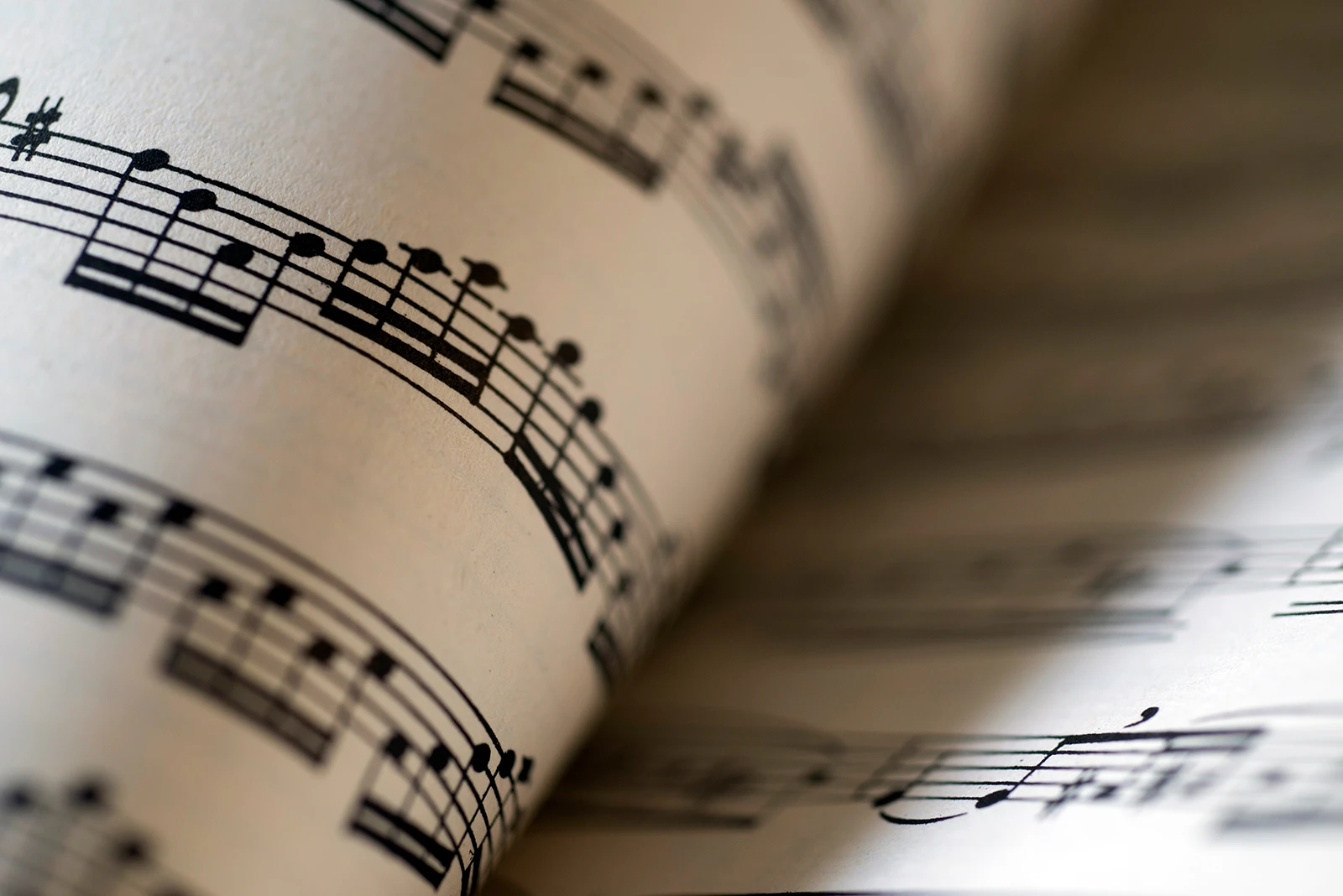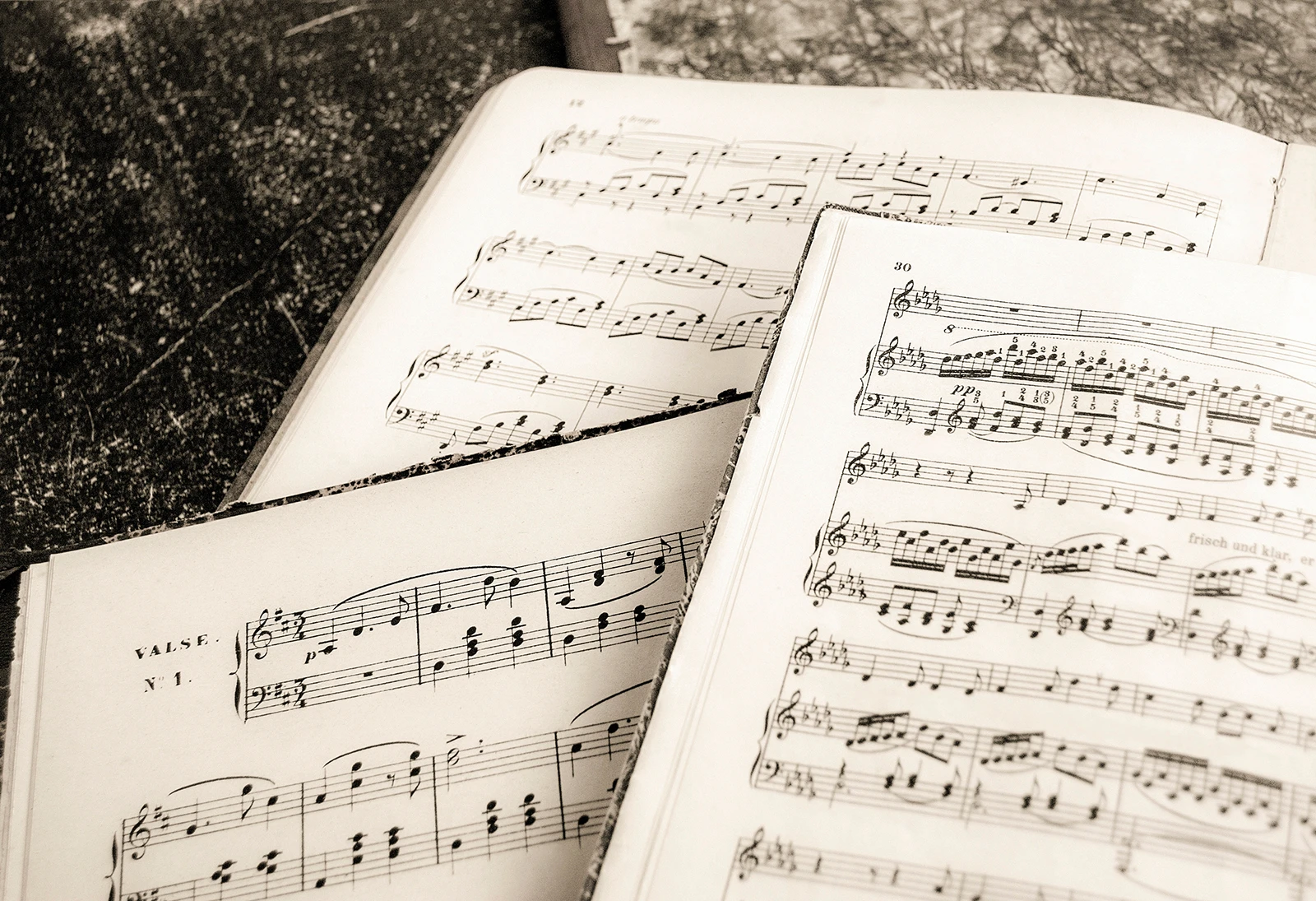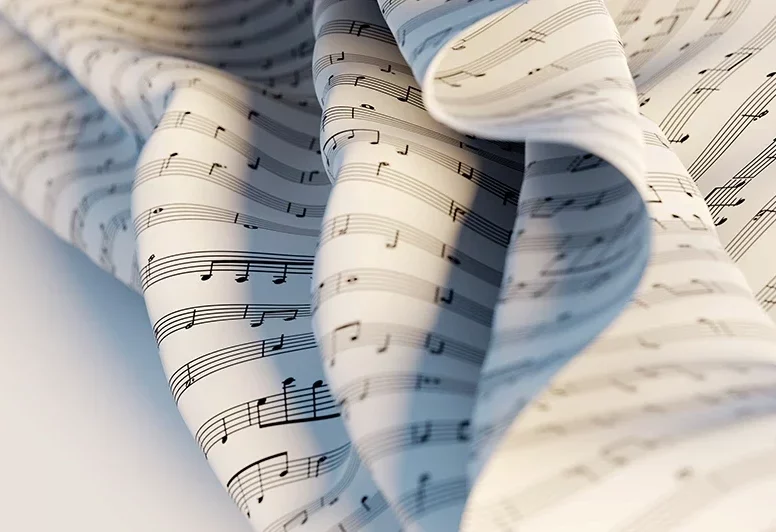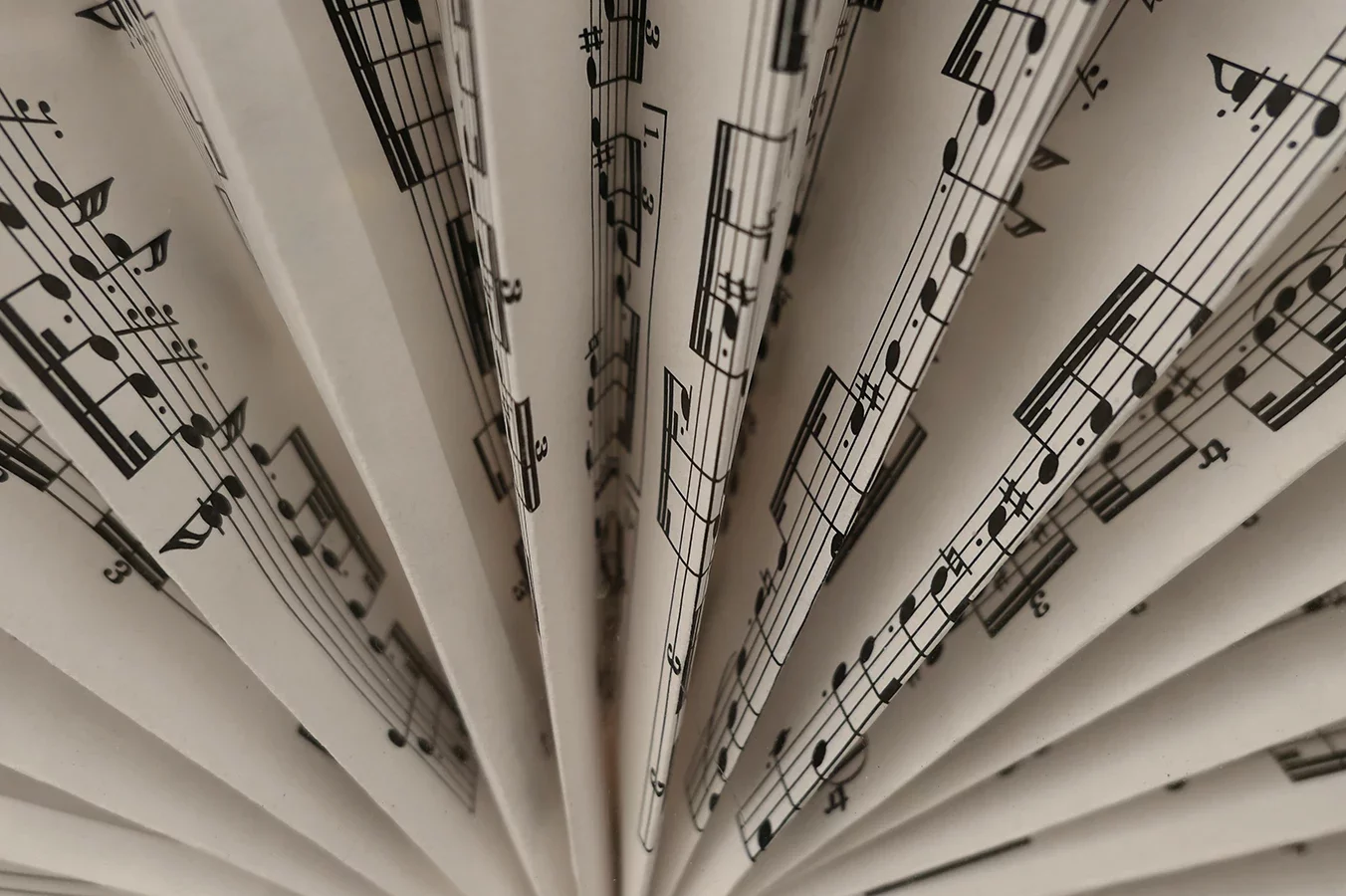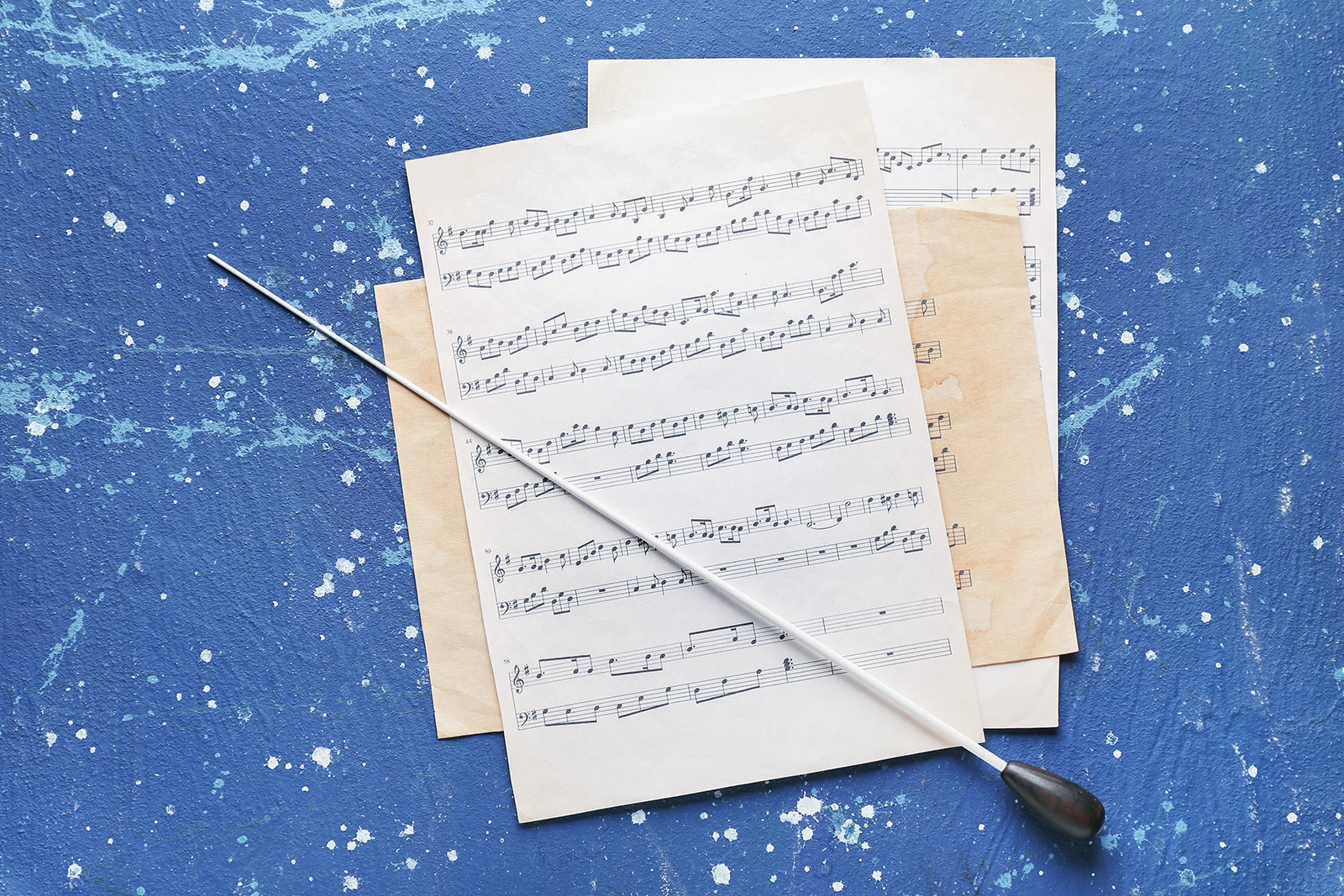The life of William Schuman (1910-1992) encompassed nearly every facet of American music in the twentieth century. His contributions to composition, education and arts administration spanned the major portion of the twentieth century and have benefited several generations of musicians in this country and abroad.
Schuman’s professional career began as an instructor and choral director at Sarah Lawrence College from 1935-45. During these years he studied composition with Roy Harris. In 1941, he was awarded the first New York Music Critics’ Circle Award for his Symphony No. 3 (1941) and the first Pulitzer Prize in Music for his cantata, A Free Song (1943). As an instructor at Sarah Lawrence College, he began a new concept of arts education, “aimed at [the] student’s self-discovery of the creative process”. In 1945 he accepted a position at G. Schirmer as director of publications. He served in this position for only two months, leaving G. Schirmer to become president of the Juilliard School.
During William Schuman’s tenure as president of the Juilliard School (1945-62), he enacted several changes and additions that established that institution as one of the world’s finest. He brought together the Institute of Musical Art with the Juilliard Graduate School to form the Juilliard School of Music. Schuman founded the Juilliard String Quartet, which would set the standard for string quartets in residence across the country. He invited several noted composers to join the faculty, including William Bergsma, Richard Franko Goldman, Peter Menin, Norman Lloyd, Vincent Persichetti, Robert Starer, Robert Ward and Hugo Weisgall. Schuman also re-established the opera theater and created a dance division within the school. One of Schuman’s most lasting contributions was his “Literature and Materials of Music” curriculum. Through this course of study, he brought together theory and history into one course with the repertoire as the basis for study.
Following his tenure at the Juilliard School, Schuman became the president of the Lincoln Center for the Performing Arts, serving in this role from 1962 to 1968. Many of the arts initiatives that he created are now regular programs at Lincoln Center. These include: the continued commissioning and performance of American music; creating the Lincoln Center Student program, which brings concerts directly to the schools and Young Person’s Concerts given by the New York Philharmonic; the foundation of the Lincoln Center Chamber Music Society and housing the Juilliard School at Lincoln Center.
Schuman left the presidency of Lincoln Center in 1969 to devote himself to composition. He remained active as an arts advocate for the rest of his life, serving as an advisor to several organizations, including the Koussevitzky Foundation, the Naumburg Foundation and the Charles Ives Society. He also served as chairman of the MacDowell Colony (1974-77, 1980-83) and as founding chairman of the Norlin Foundation (1975-85).
William Schuman’s accolades as a composer are many and varied. His awards include: 28 honorary degrees, two consecutive Guggenheim fellowships (1939-41), membership in the National Institute of Arts and Letters (1946), the first Brandeis University Creative Arts Award in Music (1957), a Horbilt Award from the Boston Symphony Orchestra and Harvard University (1980), the Gold Medal from the Academy and Institute of Arts and Letters (1982), a second Pulitzer Prize honoring his lifetime achievement as a composer (1985), the Gold Baton Award of the American Symphony Orchestra League (1985), the National Medal of Arts (1987) and the Kennedy Center Honors (1989).
[continued – click below to read more]


